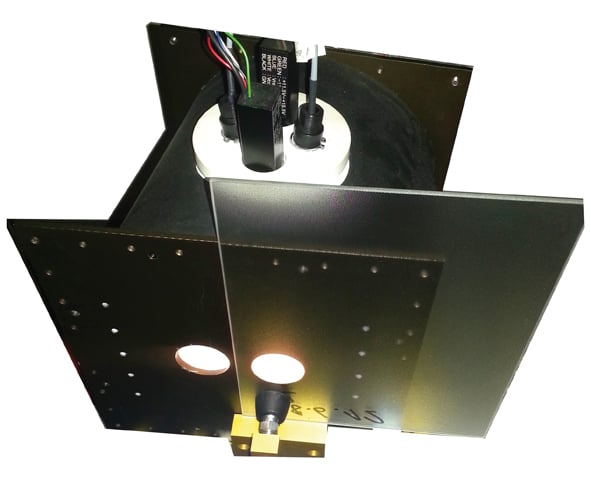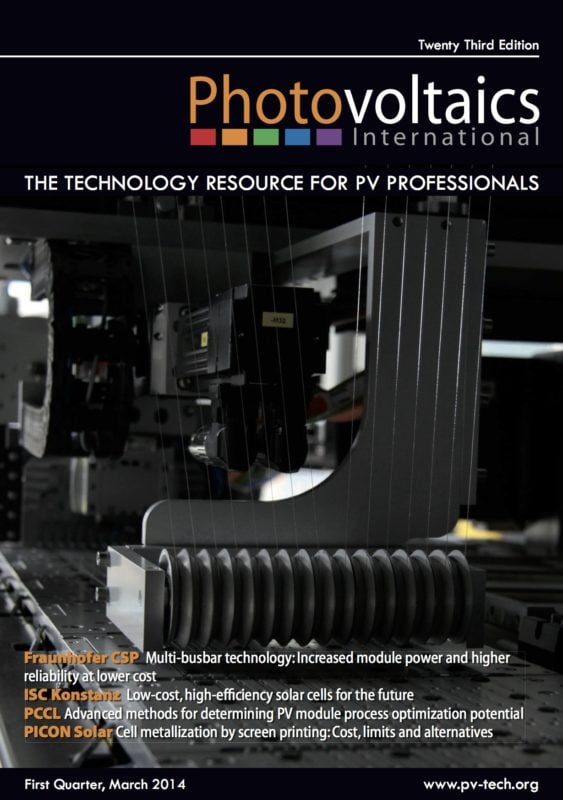By Stefan Brunold, Deputy Director, Institute for Solar Technology SPF; Florian Ruesch, Project Leader, Institute for Solar Technology SPF; Lukas Omlin, Research Engineer, Institute for Solar Technology SPF
The SPF solar glass certification was developed in 2002 to guarantee the quality of glazing for use as a transparent cover for solar thermal collectors. More than 200 glass types from leading manufacturers have been measured and certified to date. Despite the certification having been explicitly developed for solar thermal applications, it became widely used in the PV module industry, even though the results are not transferable and may lead to erroneous conclusions in some cases. In 2012 the certification was therefore adapted to the needs of the PV industry, and a dedicated PV solar glass certification has since been available. This paper explains the fundamentals of the certification process, which consists of three performance characterizations: 1) transmissivity, 2) incident angle modifier (IAM), and 3) UV degradation. Results are discussed for different representative glass types, including float glass, anti-reflective-coated glass and rolled glass with different structures. Furthermore, the performance of these glass types when used as covers of crystalline silicon PV
modules is compared. The examples presented also highlight the advantages of the adapted characterization methods compared with standard glass measurements.



